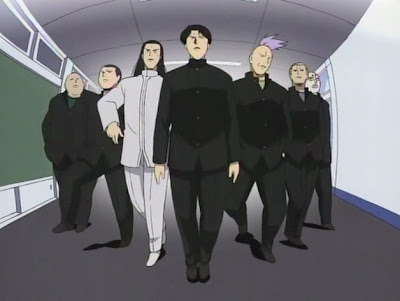Kantan Tumutuge'
I've been working on my dissertation for about three years now, but have only spent the past year or so writing it. I could easily take another year to finish it, and sort of slowly and lazily work on it, but I'm in a hurry to get out of the graduate student phase of my life. Menha yu' ni' student debt, esta o'sun yu' nu i lina'la estudiante kolehu, ya guaha otro na malago bei cho'gue gi i lina'la'-hu. So I'm pushing myself to finish and have a tentative date for the first week of June to actually defend this damn thing. Right now I've written the first drafts of three chapters and am almost done with my fourth one. After that I've got one quick chapter left and then a conclusion and I have my sprawling, insane, crazily written first dissertation draft done. Este nai i guinife-hu, na bai hu (put fin) na'funhayan este na tinige', kosaki sina bai hu na'hanao mo'na i karrera-hu ta'lo. A few months ago one my frie
